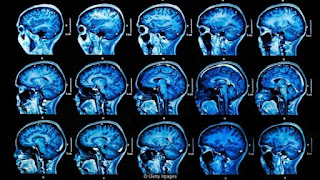Mouse gene tests explore Alzheimer’s and the mechanics of smell
Alzheimer’s disease is thought to have a significant link to
reduced generation of neurons.
To investigate this link, the researchers, led by Yacine
Tensaouti, studied the mechanisms involved in the production of new hippocampus
neurons, looking at the role of a gene called Apolipoprotein E (ApoE). A
variant of this gene, called ApoE4, is present in 10 to 20% of the human
population and is associated with the development of late-onset Alzheimer’s.
Mice were genetically modified to either be completely
deficient of ApoE, produce human ApoE4, or produce ApoE3 – the most common form
of ApoE in humans and not associated with any disease risk.
They found that both the ApoE-deficient and ApoE4-expressing
mice had severely reduced complexity in their newly produced hippocampus
neurons, compared to both normal mice and those which expressed ApoE3.
This, they suggest, shows the central role ApoE expression
plays in hippocampus neuron growth and development.




Comments
Post a Comment